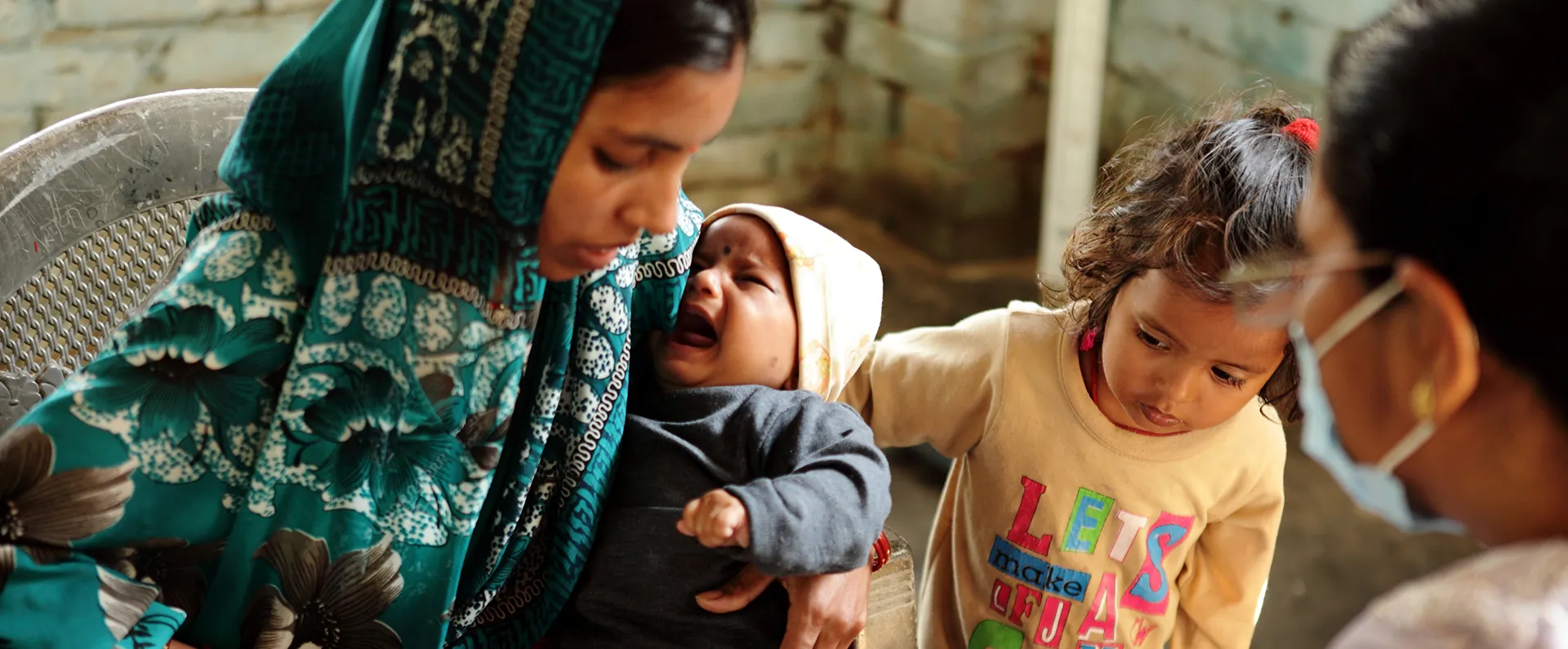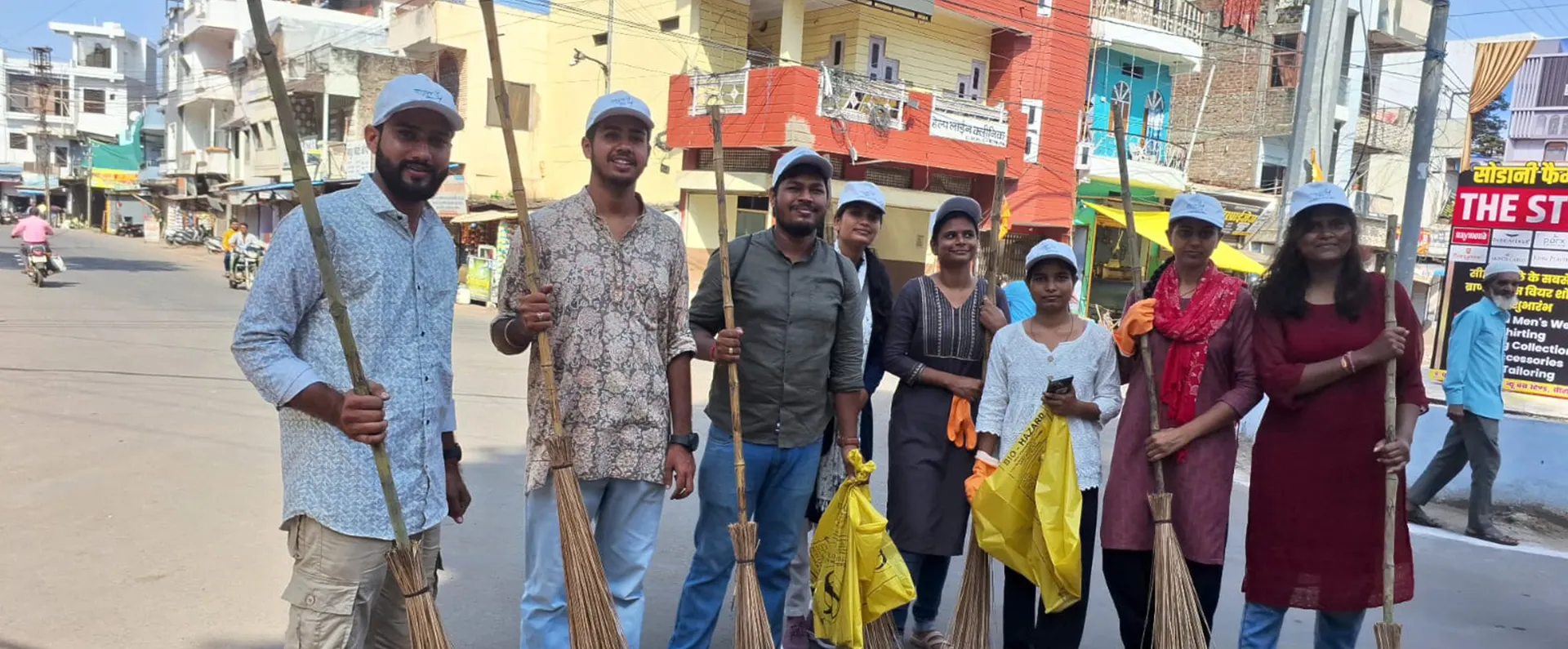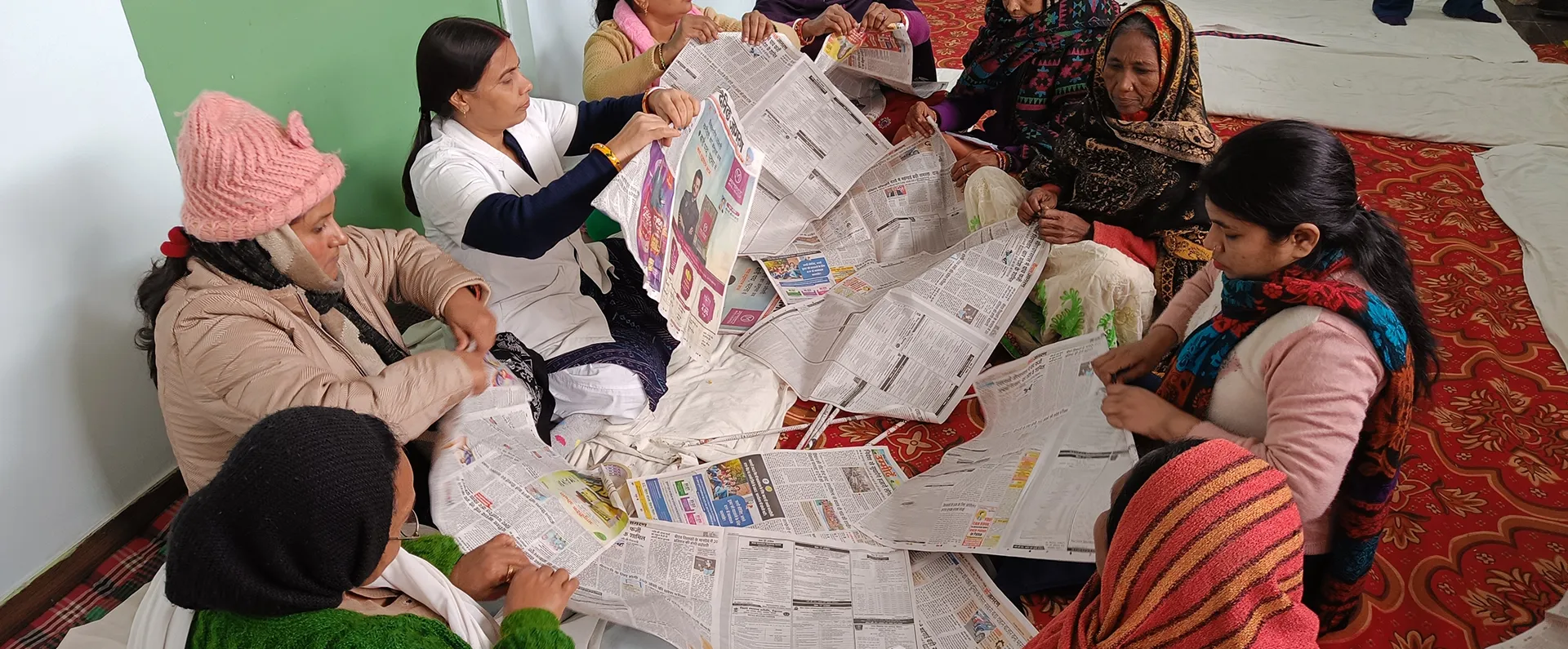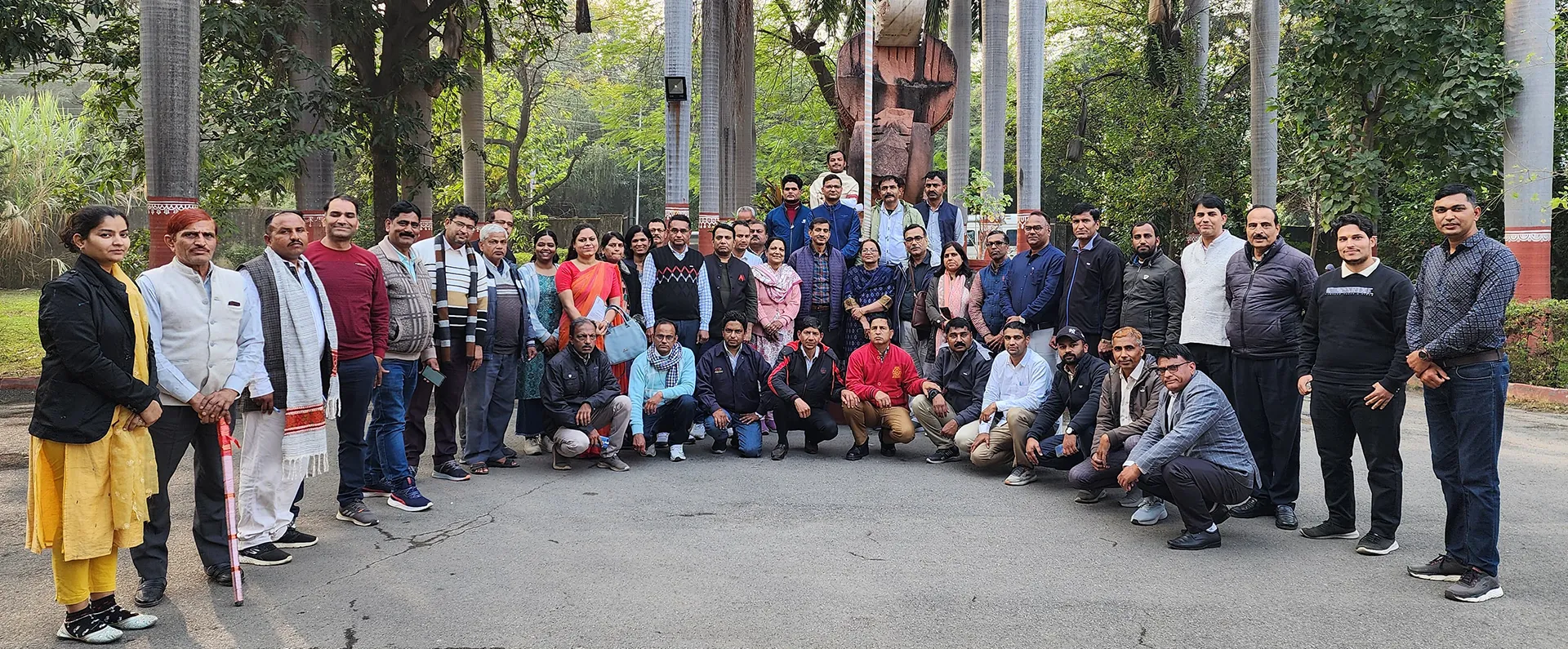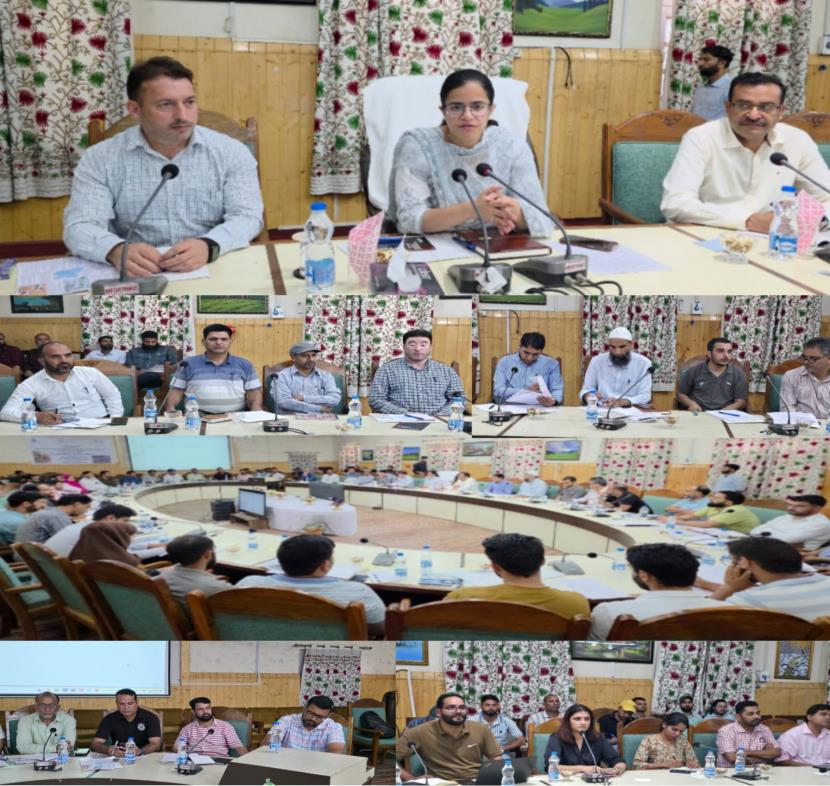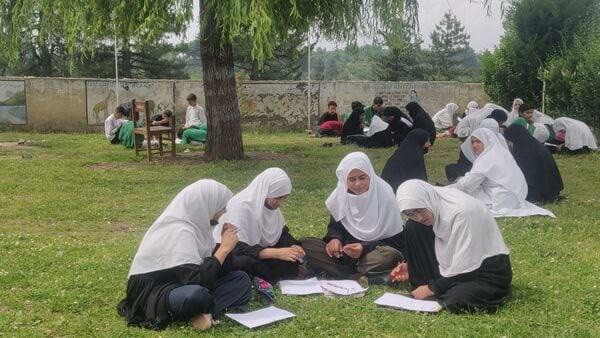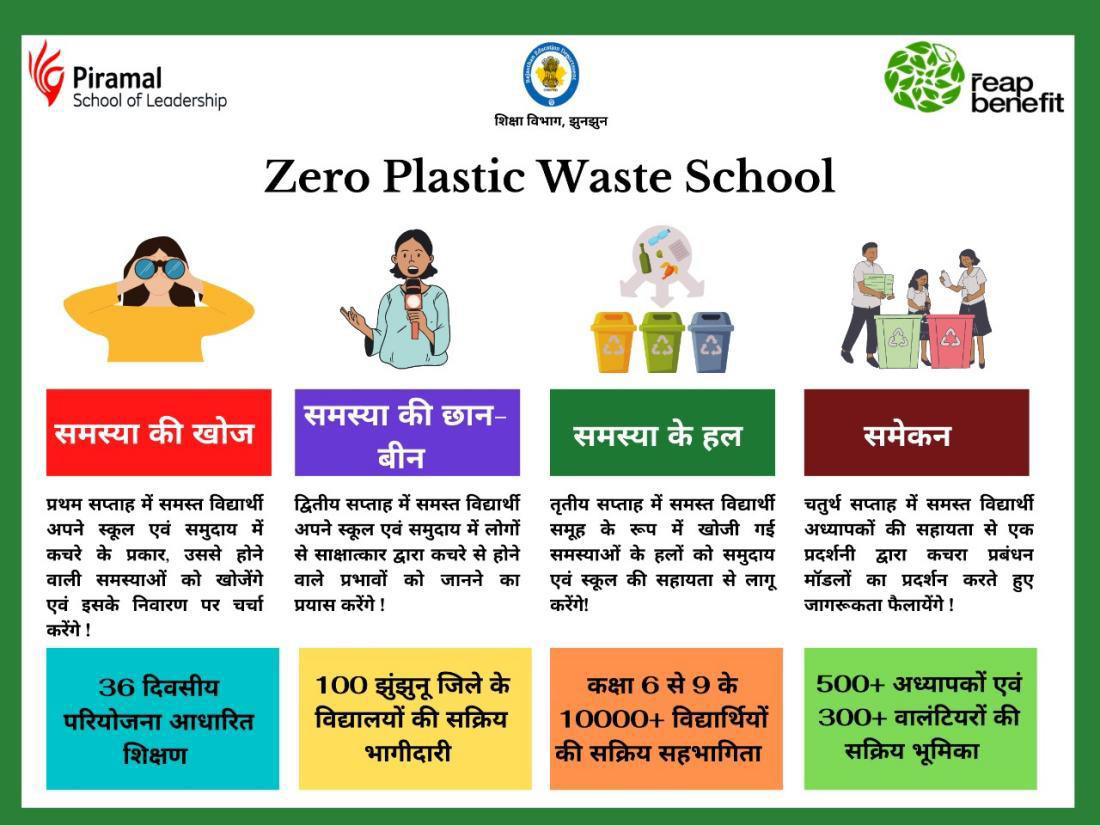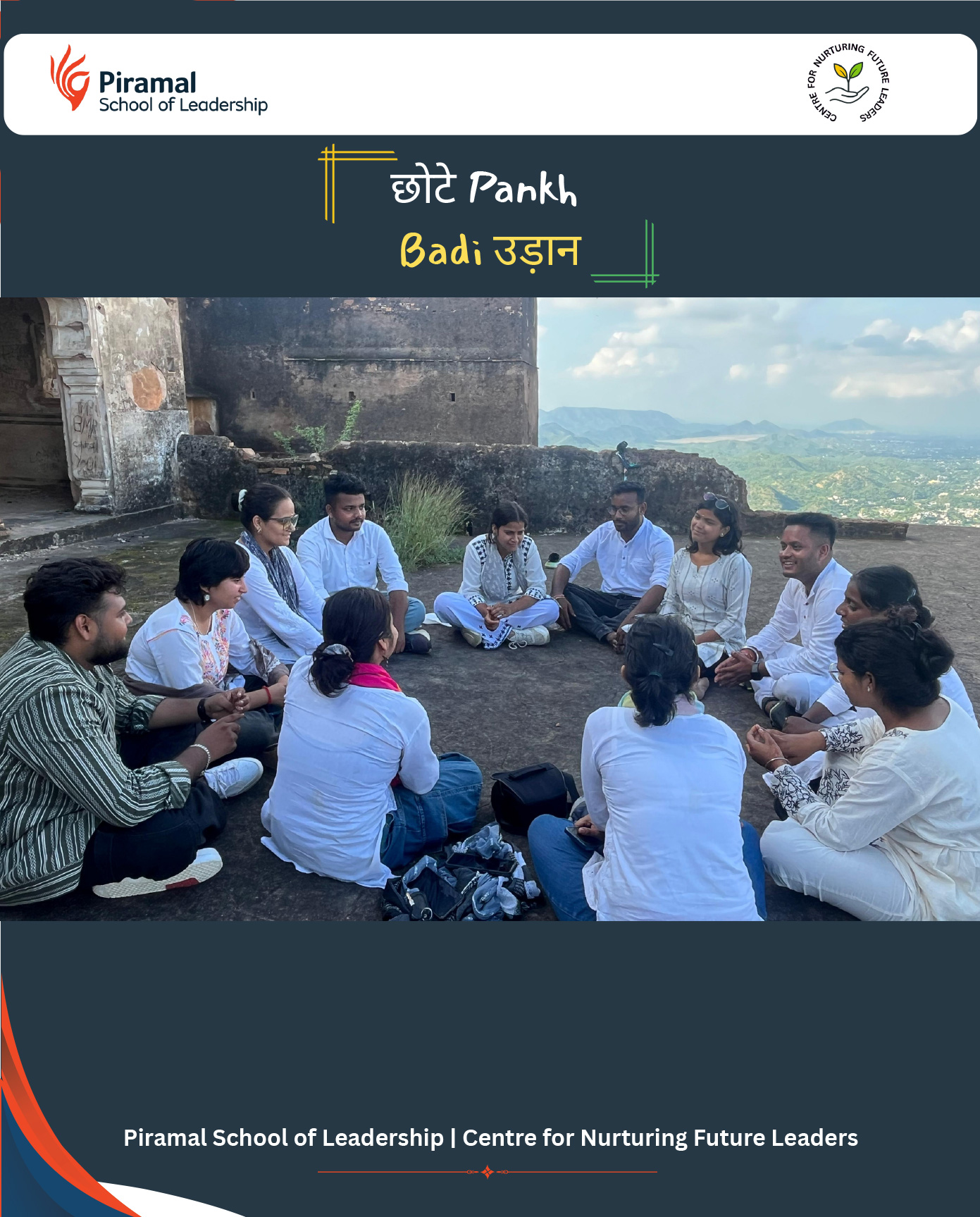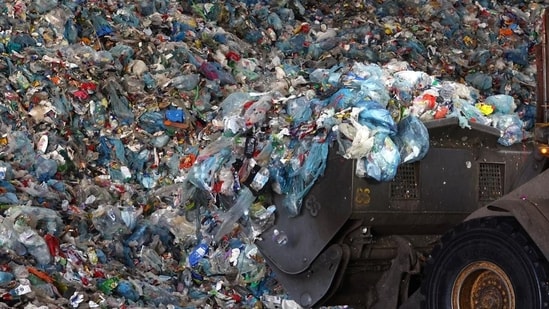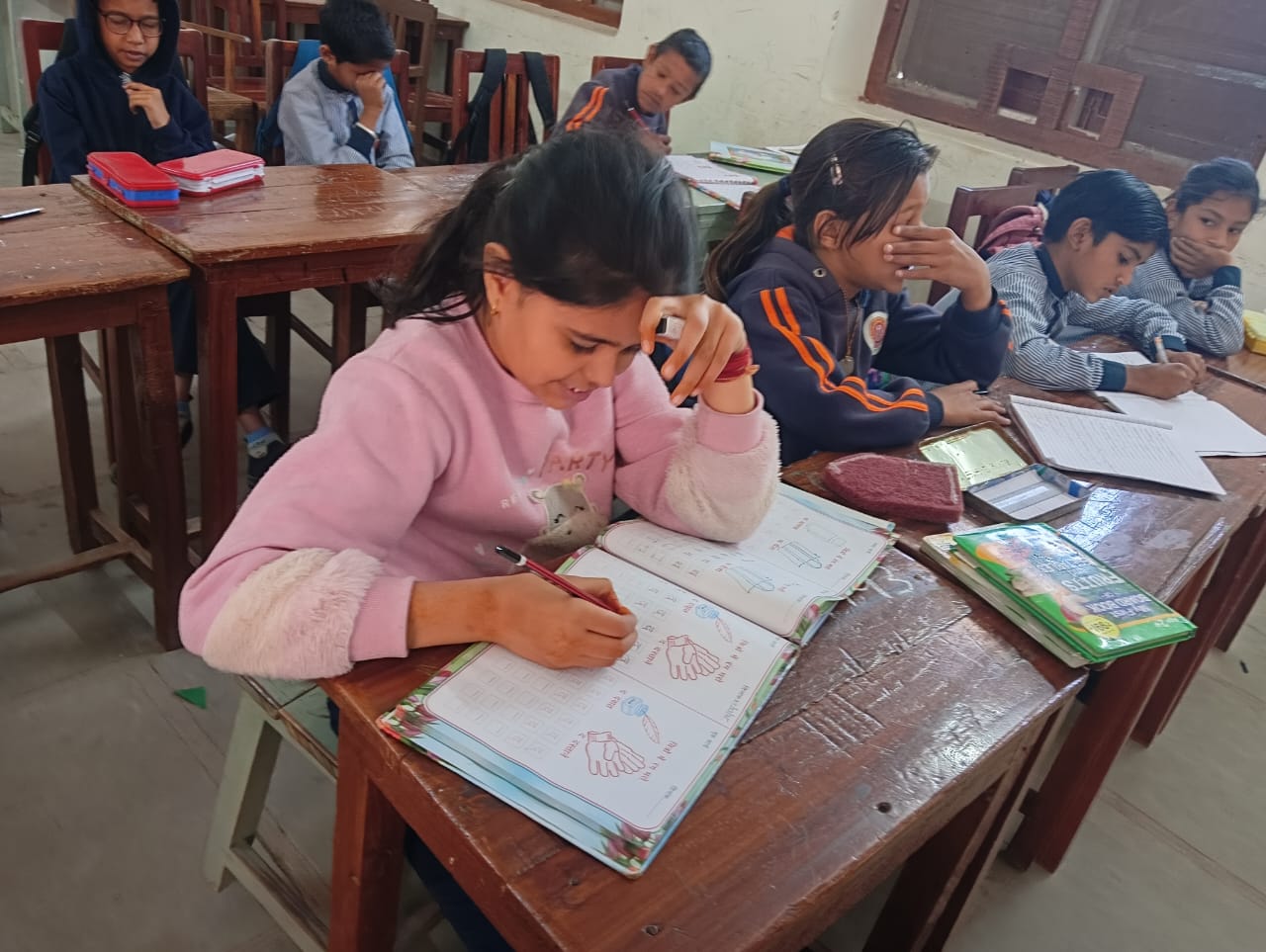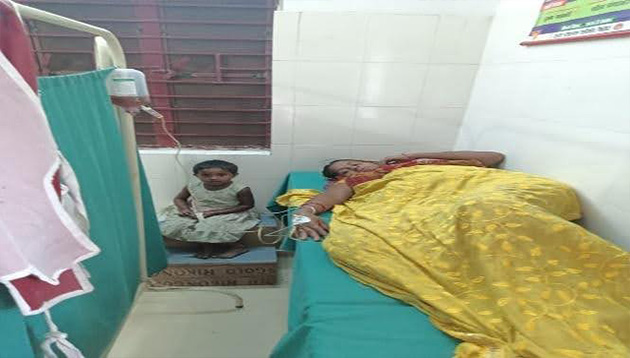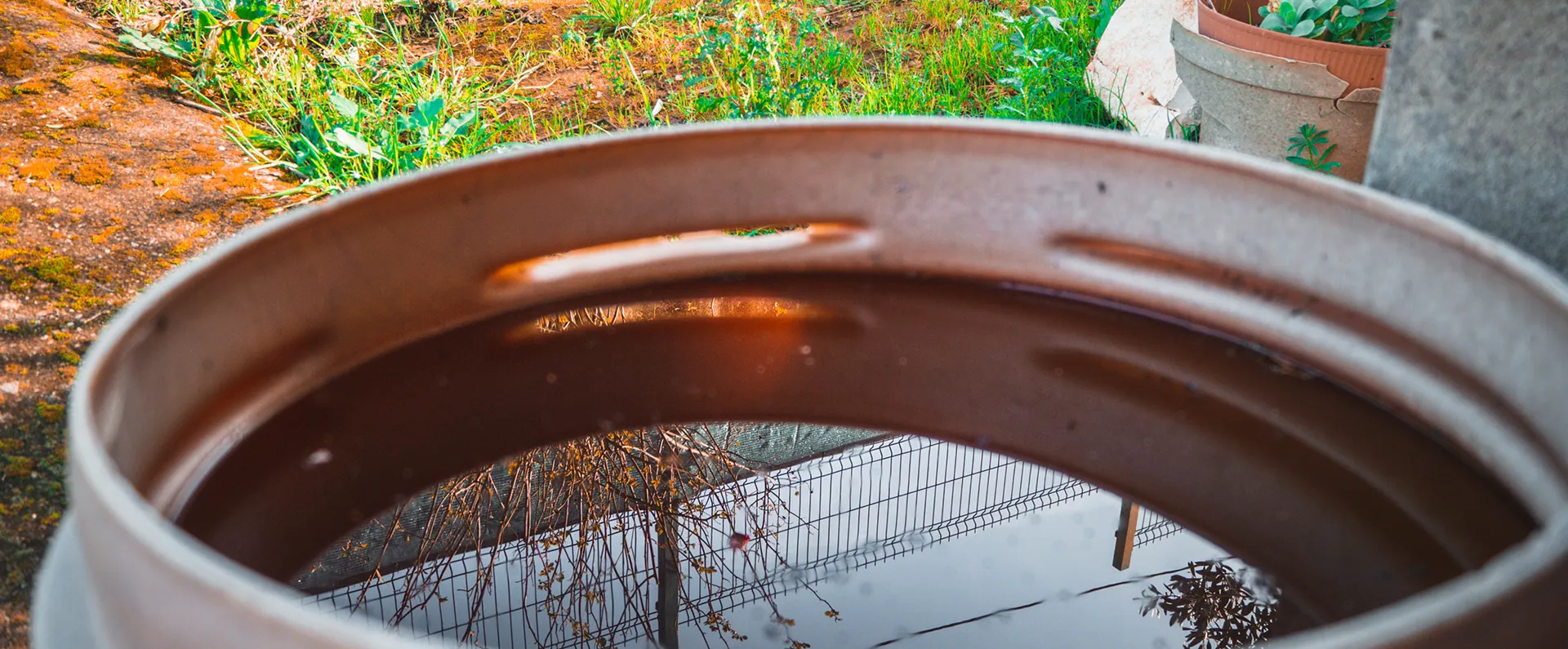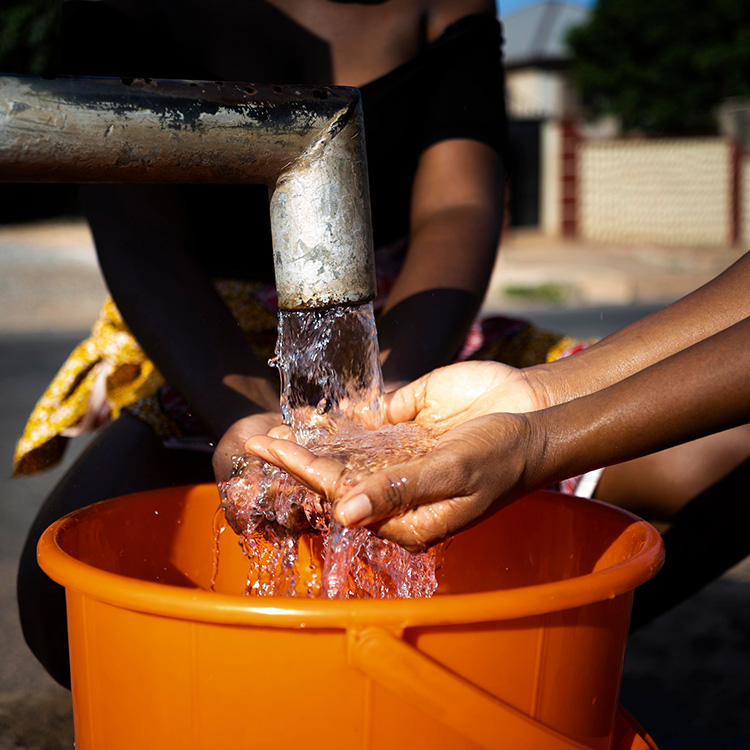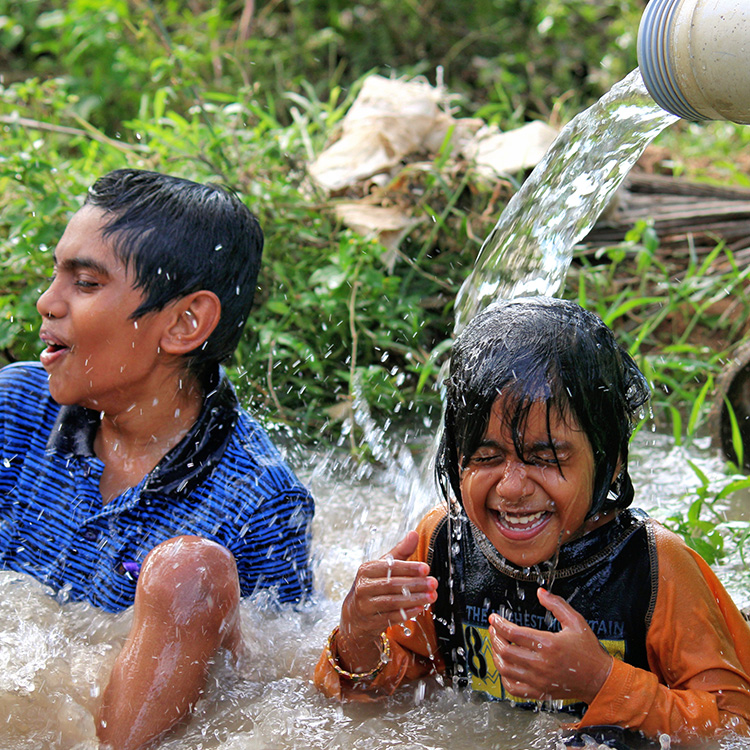With 80% of India’s surface water now polluted, the need for decentralized water reuse strategies is urgent. Greywater—the relatively clean wastewater from kitchens, baths, and laundry—represents a critical opportunity to mitigate water stress, especially in rural and semi-arid regions. The School of Climate and Sustainability views greywater not as waste, but as a resource that, when effectively managed, can significantly reduce environmental pressure and bolster water security.
Our approach emphasizes integrating greywater reuse and recharge into daily life at the household, village, and institutional levels. By doing so, we not only reduce contamination but also extend the lifecycle of available water. We aim to embed such practices through community action and governance, while also addressing systemic inefficiencies, like the underutilization of tied funds allocated to Panchayats, nearly 40% of which remain unused for water and sanitation.
Interventions
We promote decentralized greywater management solutions that reduce pressure on freshwater sources while improving hygiene and environmental outcomes in rural communities.
- Support the design and maintenance of context-specific greywater treatment systems such as soak pits, kitchen gardens, and local drainage solutions.
- Increase reuse and recharge of greywater for non-potable needs like agriculture and sanitation, reducing dependency on limited freshwater supplies.
- Engage with Panchayati Raj Institutions to integrate greywater and groundwater management into Gram Panchayat Development Plans (GPDPs), enabling systemic change at the grassroots level.
- Advocate for dedicated budget allocations for greywater management, unlocking underutilized water-related funds at the village level.
- Build the capacity of frontline workers, community leaders, and technical staff to ensure sustainability, local ownership, and scalability of greywater reuse initiatives.
Outcomes
Our greywater management interventions foster cleaner, healthier, and more water-secure communities, particularly in water-scarce rural areas.
- Enhanced reuse of greywater, reducing pressure on freshwater sources and improving water availability for essential non-potable uses.
- Improved hygiene and sanitation outcomes through localized water treatment solutions.
- Strengthened groundwater recharge and reduced water pollution from unmanaged wastewater.
- Increased effectiveness and utilization of public funds for water-related initiatives at the village level.
- Empowered local institutions and communities to sustainably manage water resources through decentralized planning and implementation.


